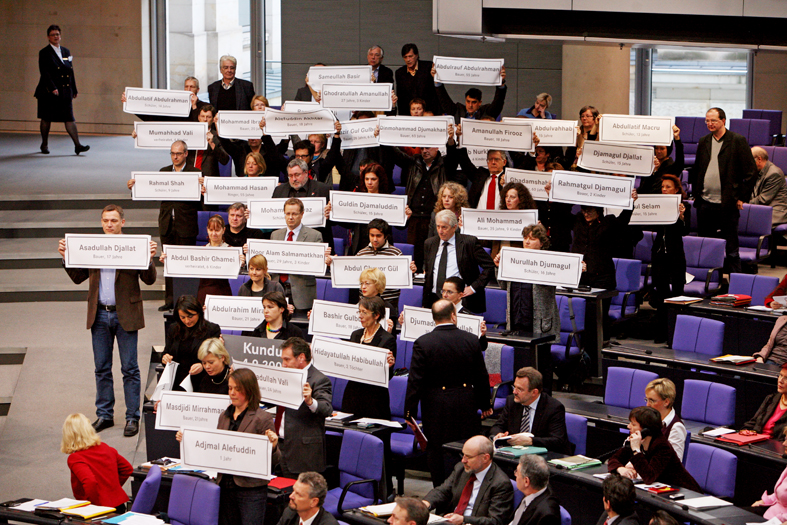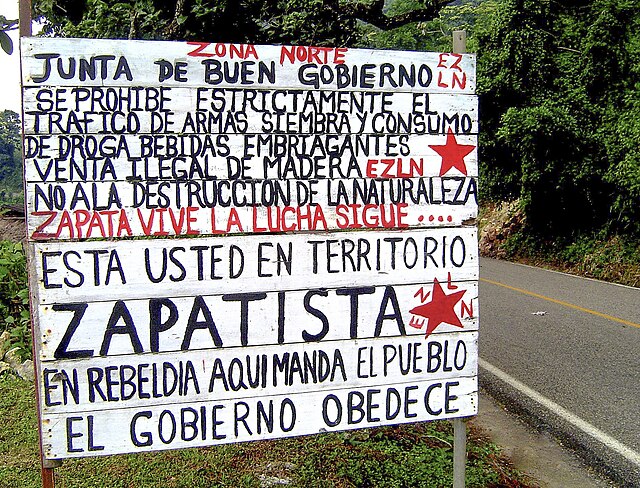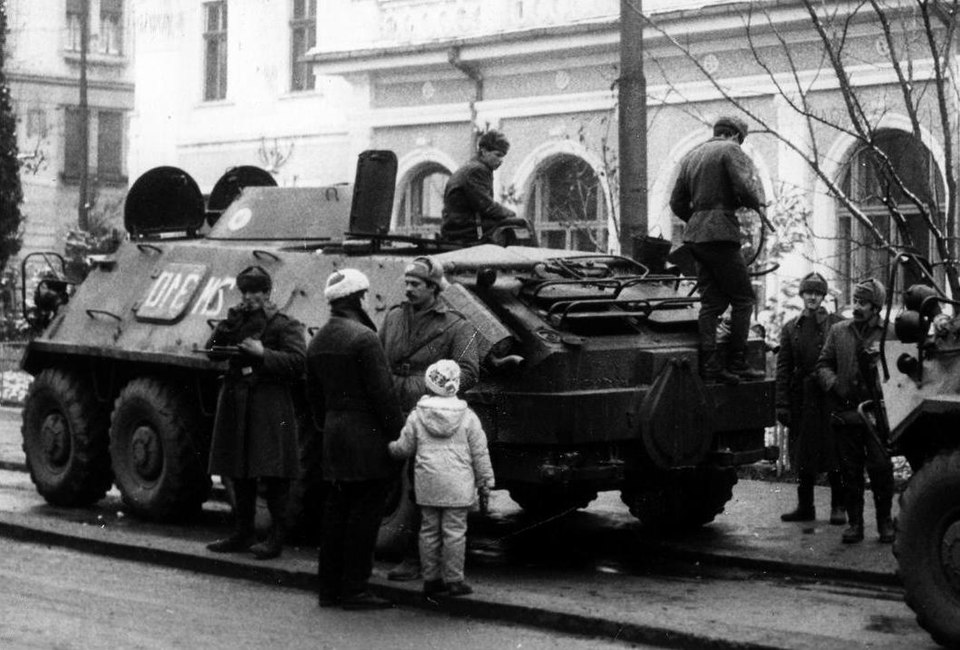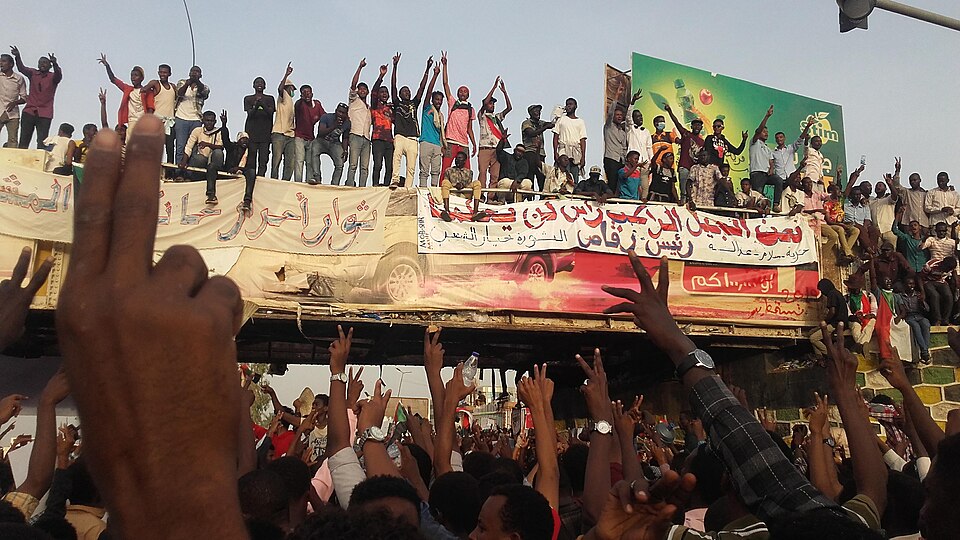In the early hours of 4 September 2009, US planes dropped two 500-pound bombs on two fuel tankers in Kunduz, Afghanistan. This was a NATO mission, and the order to bomb was given by German Colonel Felix Klein. Well over 100 people were killed, most of them civilians, including many children. The European Center for Constitutional and Human Rights (ECHR) called the attack the “deadliest German military operation since the end of the Second World War”.
The German government showed no remorse. The army initially announced that there had been no civilian victims. Defence Minister Franz Josef Jung celebrated the attack, claiming that dozens of Taliban fighters had been killed. Jung’s successor, Karl-Theodor zu Guttenberg, described the attack as “militarily appropriate”. There were no direct disciplinary or criminal investigations. In 2013, Colonel Klein, who had ordered the bombing, was promoted to brigadier general.
When lawyers representing the victims tried to prosecute, the German Ministry of Defence withheld important documents and reports. In February 2010, Germany amended its own laws, reclassifying the military deployment as an “armed conflict within the parameters of international law”. This meant that German troops, and their leaders, were no longer liable to prosecution for the Kunduz massacre.
In February 2010, an extensive article in Der Spiegel described the Kunduz bombing as a “war crime” that the German government had attempted to cover up. Two weeks later, during a Bundestag debate, LINKE MPs held up posters with the names of the victims. They were thrown out of the parliamentary chamber. Later that year, Germany paid $5,000 each to the families of 100 of the victims—former Afghan minister Amin Farhang described the sum as “laughable”. Larger claims for compensation were rejected by German courts.
In 2021, German troops left Afghanistan, forced out by a population which had suffered decades of occupation by both the Soviet Union and the US. History is being rewritten to suggest that before the Taliban took over Afghanistan, people lived in peace and democracy. Kunduz shows this was not the case and that Germany’s attempts to expand its army and reintroduce conscription must be resisted.




